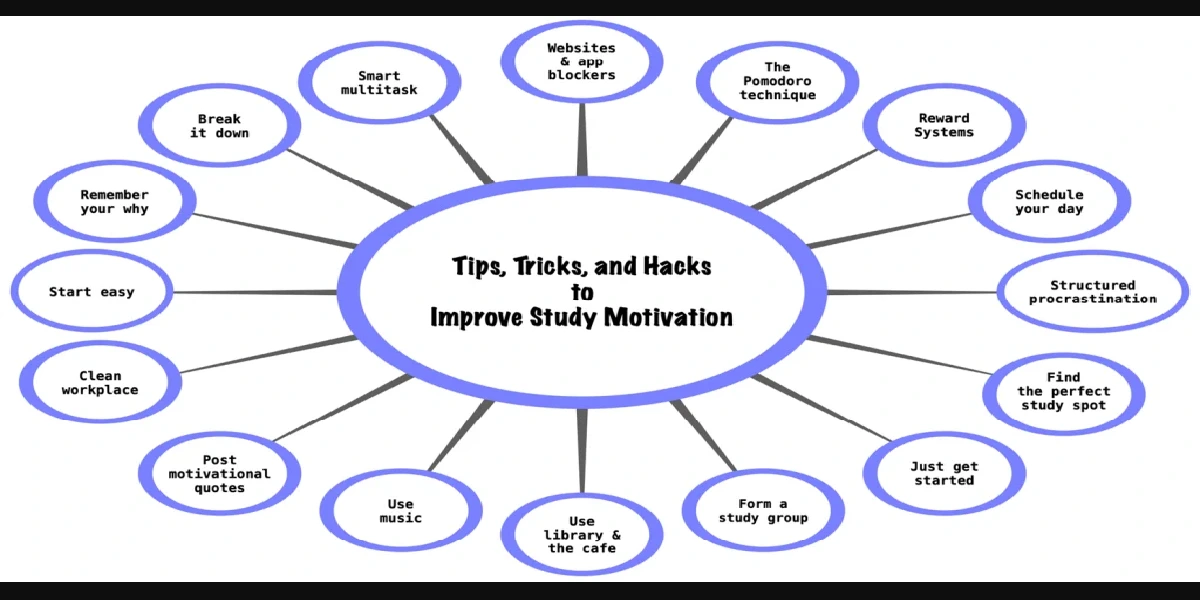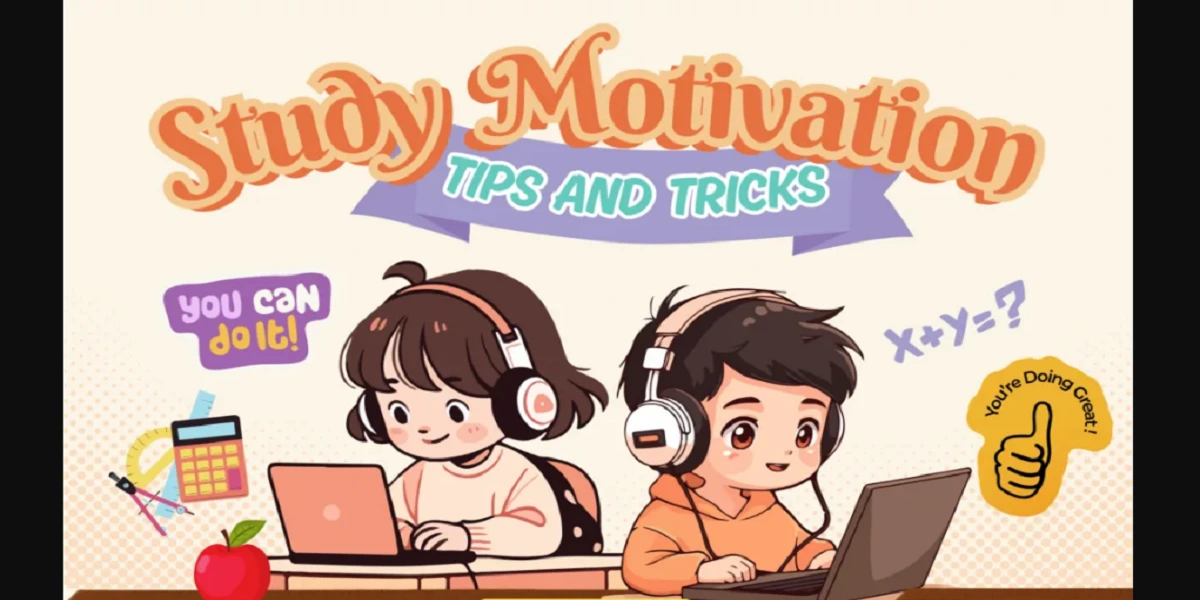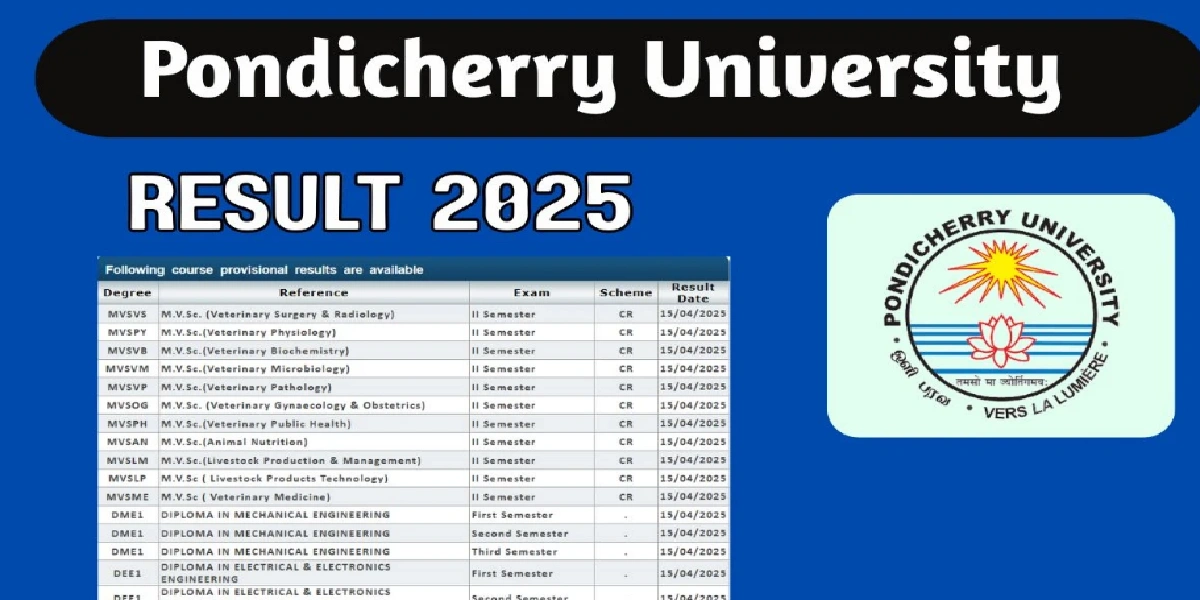Think about attempting to get to a place without knowing where you’re headed. That’s what studying feels like when you don’t have goals. Create SMART goals. If it’s passing a test or raising your GPA by 0.5, clearness drives concentration.
Overwhelm and Burnout

Too much to get done, not enough time. Sound familiar? Jamming everything in can have the opposite effect. Take time out. Prioritize tasks. Utilize planners. Don’t forget: burnout is not something to be proud of—it’s a warning sign.
Distractions and Digital Addiction
A minute on YouTube can become two hours in no time. Utilize apps such as Forest or Focus Keeper to remain focused. Keep social media use in check. Your future self will appreciate it.
Daily Habits That Boost Motivation
The 10-Minute Rule
Not in the mood? Just study for 10 minutes. You’ll probably continue once you get going. It’s like fooling your brain into momentum mode.
Power of the Morning Routine
Waking up at noon with no agenda is a disaster. Establish a regular morning routine with exercise, gratitude journaling, and a light breakfast. This sets the tone for the day.
Setting Micro-Goals
Rather than “complete chemistry,” break it into: “read one chapter,” “complete five questions.” Micro-wins create mega-motivation.
Study Environment Hacks
Clear Your Desk, Clear Your Mind
Your surroundings reflect your mindset. Clean desk = clear mind. Place a plant or motivational quote card nearby.
The Ideal Study Music & Lighting
Lo-fi beats? Instrumentals? Create your atmosphere. Soft, white light enhances concentration more than yellow dim bulbs. Ambiance is everything!
Utilization of the Pomodoro Technique
Study for 25 mins. Take a 5-minute break. Do it again. After 4 reps, take a longer break. It’s science-backed and spares your brain from exhaustion.
Mindset Shifts That Work Wonders
Growth vs. Fixed Mindset
If you tell yourself you’re “just not good at math,” you’re dead in the water. Switch that thought to “I can learn math with practice.” That’s a growth mindset. It turns everything around.
Affirmations That Actually Work
“I can. I am getting better every day. I am better than yesterday.” Repeat it every day. It sounds silly, but it is effective.
Visualizing Success
Shut your eyes. Imagine yourself excelling in that exam. Experience the happiness. Visualization makes your brain think you can do it—and that sets you on fire with motivation.
Seeking Inspiration from Real-Life Stories
Famous Personalities Who Failed First
Albert Einstein. Oprah Winfrey. J.K. Rowling. All encountered failure prior to greatness. Your current challenge? Just a plot change in your narrative.
Peer Success Stories That Inspire
Discover authentic tales of seniors or peers who reversed their fortunes. Relatable stories motivate more than universal success tales.
When You Need a Break — And Why That’s OK
Rest Doesn’t Mean Failure
Taking a break is not quitting. It’s recovery. Even athletes take rest days, so why not students?
Productive Downtime Ideas
Rather than mindless scrolling, try:
Listening to motivational podcasts
Reading short books
Taking a walk
Power naps (20 minutes max!)
Support Systems Matter
Talk to Someone You Trust
Bottling up anxiety leads to burnout. Talk to a friend, teacher, or parent. Sometimes a 10-minute vent session can solve everything.
Find a Study Buddy or Mentor
Learning with someone who’s similarly struggling to stay motivated can hold you responsible. Search for online study groups or school clubs.
Long-Term Motivation Strategies
Reward Systems
Completed your chapter? Reward yourself. Viewed a tutorial? Snack time. These small victories create long-term habits.
Journaling and Reflection
Reflect on what was successful, what wasn’t. Monitor your mood, energy, and successes. Self-knowledge refines your plan.
Conclusion: Your academic struggle doesn’t determine your value. It’s temporary—one that you can break through. Begin with small steps. Be persistent. Ask for assistance if necessary. And keep in mind, you can do so much more than you believe.
Read also: AP DSC Answer Key 2025 Download Objections






